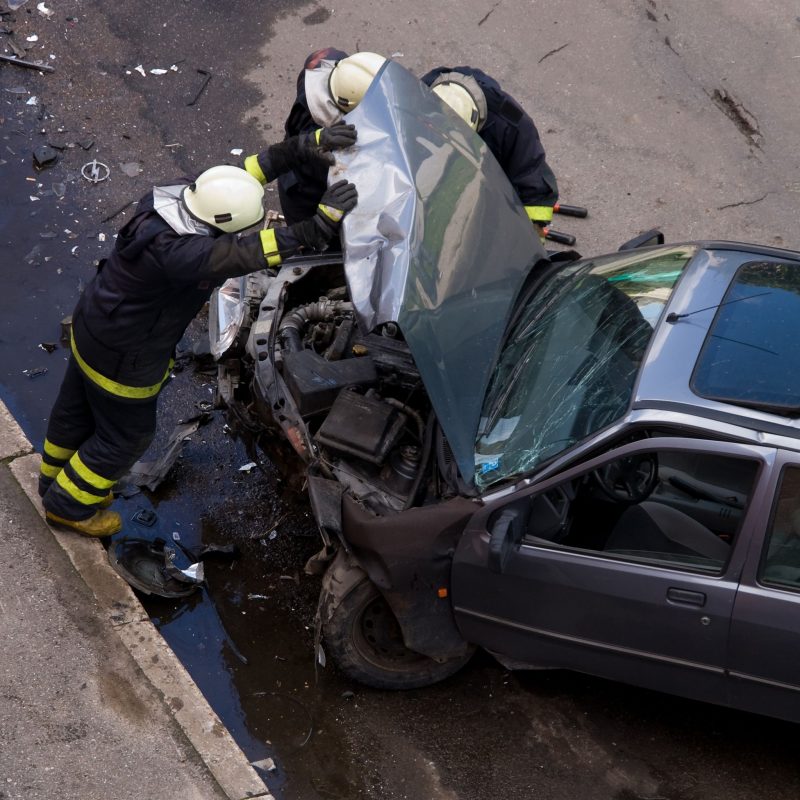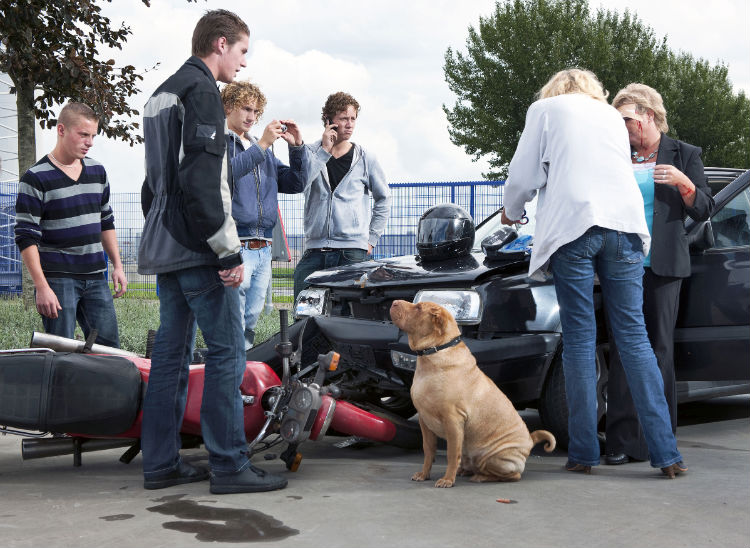Something that is considered objective is factual. It cannot be argued against, because it can be proven. For example, the United States has 50 states. Every person is innocent until proven guilty. Drunk driving cases differ from the rest because they fundamentally rely on this balance between objective and subjective. A driver can refuse to take a sobriety test, in most instances. This will force an officer to run an objective test, and make a decision based on its results. An officer who suspects drunk driving will review a number of potential attributes. These are designed to be objective evaluations of the driver, and they include:
• the driver has a flushed face
• the driver is slurring or walking beyond the line
• inability or unwillingness to maintain eye contact
• a distinct smell
• the driver has red and/or watery eyes
The only conclusion of these “objective” determinations is that the driver was a little tired and not looking particularly well. These are all indications of drunkenness, and no one is denying that. But, none of these determinations concludes drunkenness, and that could be a very important realization in a court of law. The officer on duty completes a form of objective review, and it includes these attributes, among others. All of them can point to a drunk driver, but none of them confirm anything. That is a powerful distinction. Also, consider that these attributes are subjective to being, well, subjective. One officer may report watery eyes, while another will report that the driver had dry eyes. None of these is actually sound and consistent, and they depend on the specific valuation of the officer.
Dulaney, Lauer & Thomas, LLP, understands as well as anyone that drunk driving is a serious offence, and that drunk driving cases differ from the rest. If the client does not have a case, the office will not take them. But, there is often enough reasonable doubt to cast a shadow on the case. The objective review is only one part of it, but the right office can find other areas that could change the final determination. Drunk driving is no game. In a court of law, it could be the difference between prison time and walking out.



